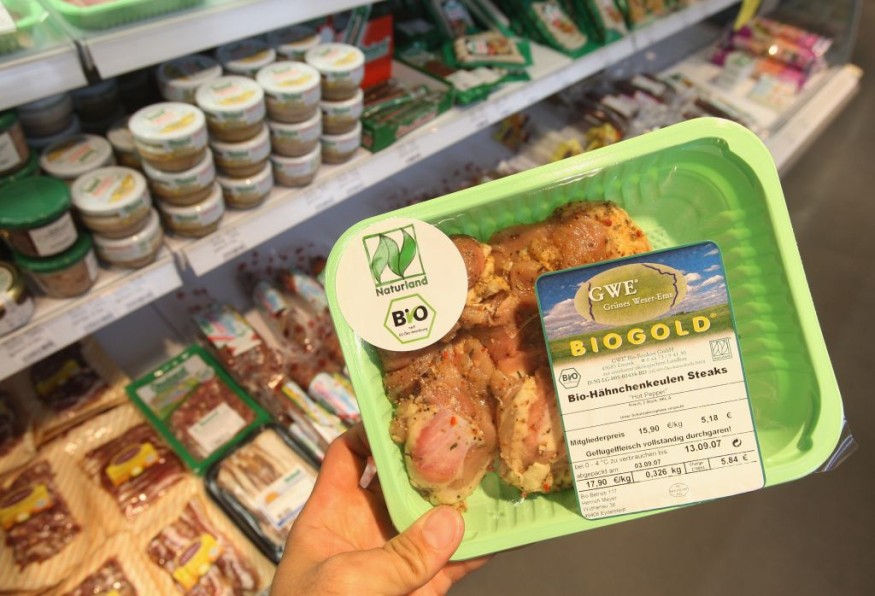The world is warming up. You might not realize it in your day-to-day life. But the constantly destructive hurricanes, huge wildfires, and disastrous losses from the tropical reefs of the ocean are undeniable. We know that fossil fuel greenhouse gases are an immense strain on the earth and the environment. However, agriculture has also been cited as a contributor to these pollutants.
For several purposes, organic cultivation, both for plants and livestock, has risen in popularity in recent years. Unfortunately, a fresh analysis crushes the fantasy soundly if you were thinking that organic livestock are somehow healthier for the world than traditional methods are.

How organic meat became as bad for the climate
The research was reported in Nature Communications and reported on Phys.org. It focused on the emissions of greenhouse gases produced during livestock farming. When it comes to livestock raising, there are multiple causes of pollution, including the processing of the food the animals consume, methane gas from the animals themselves, and gas emitted through the decomposition of their waste.
The report used the calculation of climate damage costs of the German government. That's €180 (US$221) per tonne of CO2, according to the work of the Intergovernmental Commission on Climate Change.
It showed that to pay environment costs and around €3/kg (US$3.70/kg) more for chicken, the farm gate price of beef will have to be more than €6/kg (US$7/kg) higher.
The study indicates that while organic livestock emissions are initially lower because fertilizer is not used in feed processing, the fact that animals are usually smaller (and less meaty) ensures that to sustain their company, farmers eventually have to raise more of them.
This growth in livestock compensates for the original advantages of organic livestock, and the overall emissions are basically the same.
For their analysis, the researchers looked at multiple forms of livestock and noticed that organic beef breaks even with traditional beef, but organic chicken farming still creates more pollution than conventional activities. Pork, on the other side, when raised organically, results in less pollutants, which is interesting.
What is more alarming?
Now, there is a little bit of an asterisk that needs to be discussed here. In terms of livestock and property, sustainable cultivation, be it animals or plants, has advantages.
When organic techniques are combined with encouraging livestock to graze at their leisure (chicken tractors are amazing), the animals do not end up as huge and meaty.
But they are at least able to live and perform like the animals they are, instead of acting as trash bags to pump food and medicines onto them before they are ready to be slaughtered and eaten.
Sadly, the evidence reveals that this does not benefit the world any better than traditional agriculture does. The positive news is that farming does not really have to improve anything at all if we could keep a grip on our fossil fuel consumption.
In reality, based on the latest EPA figures, agriculture as a whole accounts for just 10 percent of all greenhouse gas emissions, relative to almost 30 percent of all greenhouse gas emissions coming from automobiles and 22 percent from industrial processes.
Check out more news and information on Agriculture on Science Times.
© 2026 ScienceTimes.com All rights reserved. Do not reproduce without permission. The window to the world of Science Times.










